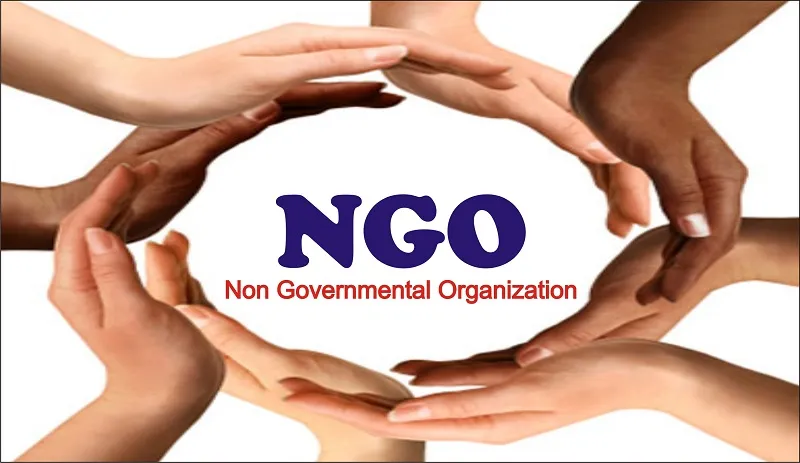
BY MIRIAM MANGWAYA/TAFADZWA KACHIKO OVER 350 local civil society organisations (CSOs) have asked the Financial Action Task Force (FATF) to urgently intervene before the Private Voluntary Organisations (PVOs) Amendment Bill is passed into law.
The PVOs Amendment Bill, currently in the Second Reading Stage in the National Assembly, has provisions that give government powers to interfere in the operations of non-governmental organisations (NGOs) in Zimbabwe.
It was gazetted in November last year to ensure it is in line with FATF recommendations against money-laundering and financing of terrorism.
FATF is an intergovernmental organisation founded in 1989 as a G7 initiative to develop policies to combat money-laundering and terrorism financing.
CSOs under the Crisis in Zimbabwe Coalition (CiZC) banner have written to FATF executive secretary David Lewis requesting for a mutual evaluation and risk assessment of the provisions in the Bill.
In a letter dated June 22, CiZC chairperson Peter Mutasa said a blanket approach to declare the entire non-governmental sector as a “risky sector” for money-laundering and financing of terrorism without an assessment would be unfair and unprocedural.
“Zimbabwe’s civil society wants to fully co-operate with both the government and FATF broadly for the purposes of ensuring peace and development in our region and also towards meeting the provisions of recommendation 8 of the FATF.
Secondly, as noted on section 4 of our December 2021 letter, we view these actions by the government of Zimbabwe as a well-calculated move to deceptively hide behind contemporary notions of ‘money-laundering and terrorist financing’ to restrict civil and democratic space,” the CSOs wrote.
- Chamisa under fire over US$120K donation
- Mavhunga puts DeMbare into Chibuku quarterfinals
- Pension funds bet on Cabora Bassa oilfields
- Councils defy govt fire tender directive
Keep Reading
Veritas spokesperson Valentine Maponga said there was still time to fine-tune the Bill to remove oppressive clauses during the Committee Reading Stage of the Bill.
“The other legal way to have CSOs contributions taken aboard after the Second Reading Stage is through strong lobbying of MPs who will debate specific issues on the Bill which they want changed. It is also conceivable that the MPs using facts can also get concessions during the Committee Reading Stage of the Bill,” Maponga said.
“However, the minister steering the Bill has much power after the Second Reading Stage and could rely on numerical superiority in the chambers. The other realistic option is for the CSOs to start planning for public interest litigation on the Bill citing the sections they think are offensive. The legal challenge will, however, take place after the President has assented and gazetted the Act.”
Last year, CSOs wrote to Lewis informing FATF that they were not comfortable with the PVOs Bill.
Mutasa accused government of using FATF and the Eastern and Southern Africa Anti-Money Laundering Group (ESAAMLG) to justify its clampdown on NGOs.
“It is very important for FATF and ESAAMLAG to note our analysis, as highlighted in sections 3.4, 3.5 and 3.6 of the December 2021 letter, that the government of Zimbabwe’s interest in this legislation has more to do with closing civil society space and instituting a one-party state in Zimbabwe. This is totally against the virtues of our liberation struggle, our independence of 18 April 1980 and the provisions of our sacrosanct national Constitution,” Mutasa added.
Legal expert James Tsabora said: “For now, it will be prudent to wait for an Act to be passed because there is no route or procedure for anyone to challenge a Bill. If the Bill is unconstitutional advice is given by the Parliamentary Legal Committee, you can only challenge the provisions of an Act of Parliament.
You can still engage Parliament through the law-making process or any other board that can influence the contents of the legislation. The actions by CiCZ are a novel action because they want engagement, but in my personal view, I don’t see anything too bad about the PVOs Amendment Bill.”
Public Service minister Paul Mavima on June 8, 2022 proposed more amendments to the PVOs Amendment Bill to be considered at the Second Reading Stage.
Follow us on Twitter@NewsDayZimbabwe










